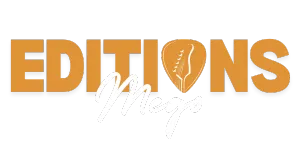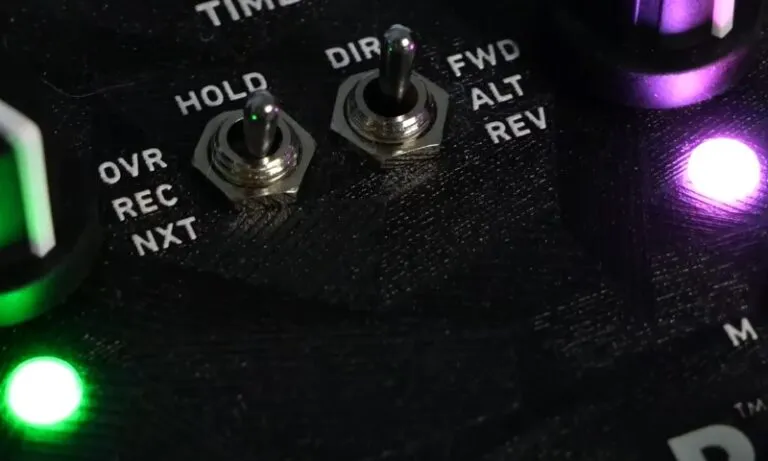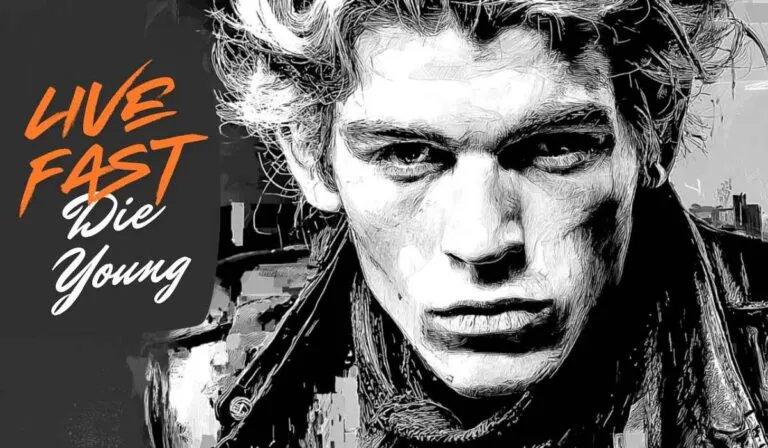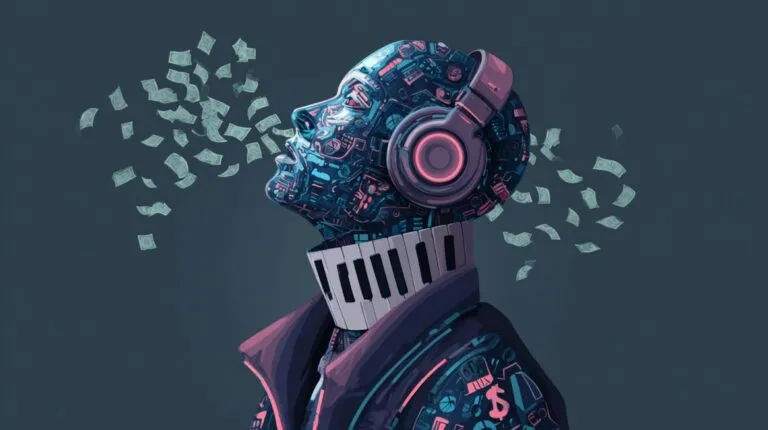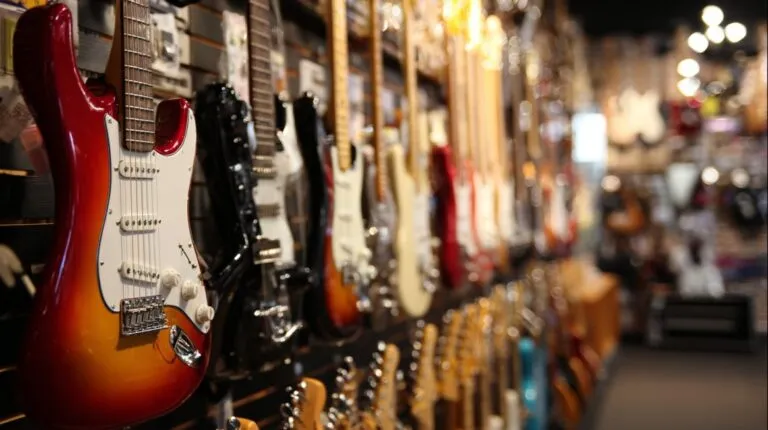Getting your music heard in 2025 means more than just uploading it and hoping someone stumbles across it. You’re both a musician and a content creator, marketer, storyteller, and community builder. But the truth is, there’s never been a better time to promote music as a new artist.
You’ve got tools your idols never dreamed of. You can reach someone in Brazil, Berlin, and Brooklyn – without a label, a manager, or a budget the size of a tour bus. But with so many platforms shouting for your attention, the real question is: where should you actually show up?
Here’s a look at the best platforms for music promotion in 2025—and how to actually use them.
Table of Contents
Toggle1. TikTok
TikTok didn’t just change the music industry—it bent it to its will. With over a billion monthly users, TikTok is still the most unpredictable and powerful platform for discovery.
Why it matters
You don’t need a fanbase to go viral. You need 15 seconds, a catchy hook, and something that makes people stop scrolling.
What to do here:
- Post clips that grab attention fast—choruses, punchy lyrics, acoustic versions, goofy duets, raw takes from your bedroom.
- Use trending sounds and hashtags, but don’t chase them aimlessly. Find trends that fit your vibe.
- Try tools like CapCut to make edits quickly and SoundOn to get paid for your audio.
- Respond to comments, remix fan content, stitch videos that mention you—it builds loyalty.
Pro tip: Test unreleased material here. If a snippet catches fire, drop the full track while people are still hungry for it.
2. Instagram
If TikTok is the wild party, Instagram is the intimate after-show hangout. It’s still where a lot of real fan relationships take shape. Reels give you discoverability. Stories keep you in daily rotation. Live streams? Pure gold for connection.
What to focus on:
- Your profile is your storefront. Make sure your bio, link, and visuals actually show who you are.
- Mix up the feed: throw in performance clips, personal photos, memes, snippets from the studio.
- Use Stories and Reels to stay present. Even quick check-ins help people feel close to your process.
- Try giveaways—signed merch, early access to music, one-on-one Zoom hangouts. The more personal, the better.
3. Spotify
Spotify’s influence in 2025 is still massive. With nearly 700 million monthly users, it’s the listening platform you can’t ignore. But it’s also not magic. A great song with no promotion won’t land on playlists by itself.
Where to start:
- Sign up for Spotify for Artists—that’s your control panel for data, pitching, and promotions.
- Use Marquee and Showcase if your budget allows. They’re paid tools, but they can push you to the top of people’s feeds.
- Pitch new tracks for editorial playlists a week before release through your Spotify dashboard.
- Build Canvas visuals (those short looping videos behind your tracks). It gives your songs a visual identity.
- Check your analytics. Who’s listening? Where? Are they skipping halfway? That info shapes your next move.
Real-world result: Getting on “Release Radar” or a curated playlist can flood your track with plays. But it usually comes from consistent uploads and smart pitching—not luck.
For even more impact, consider investing in Spotify playlist promotion to increase your chances of landing on editorial and user-curated playlists.
4. YouTube
YouTube is still YouTube. It’s not just a music video platform—it’s your behind-the-scenes channel, your vlog, your visual archive. And with 2.7 billion monthly users, your music has a real shot at staying in rotation longer than on fast-scrolling apps.
What to post:
- Official music videos, sure—but also lyric videos, stripped-down live sessions, studio footage, even raw iPhone clips.
- Use solid thumbnails and good titles. Make it easy for people to know what they’re about to click.
- Community posts are underrated. Poll your fans, share updates, or even tease a lyric.
- Engage in comments. YouTube still rewards interaction.
5. SoundCloud
SoundCloud has evolved, but its strength still lies in its grassroots community. It’s where genre lines blur, trends start, and die-hard music nerds still hunt for hidden gems.
How to use it well:
- Upload regularly—rough demos, alternate takes, remixes. It’s your playground.
- Use SoundCloud Promote to push tracks in front of targeted listeners.
- Pay attention to comments and reposts—they’re signals.
- Tag your tracks accurately. Mood tags (“chill”, “emo rap”, “hardcore punk”) help the right people find you.
Why it works: You can test music without the pressure. And if it lands here, there’s a good chance it’ll move elsewhere too.
6. Bandcamp
Bandcamp isn’t about virality. It’s about people who want to support you—not just stream you in the background.
How to thrive here:
- Treat your Bandcamp like a boutique store. Design your page, set fair prices, and explain what people are buying.
- Offer exclusive releases—demos, acoustic versions, deluxe editions.
- Use Bandcamp Fridays to your advantage. That’s when they waive their fees, and fans love showing up then.
- Sell merch, offer subscriptions, and say thank you often.
7. DistroKid

You’ve got your song. You’ve got your cover art. Now what? DistroKid helps you push that song to over 150 platforms—Spotify, Apple Music, YouTube Music, Deezer, Amazon, and more.
How to use it right:
- Upload your music with all metadata filled out correctly. Spelling, credits, genre—everything matters.
- Use HyperFollow links in your bios. That lets fans pre-save or find your track on their preferred app.
- Release consistently. The more you upload, the more you learn—and the better you’ll time your drops.
Important note: DistroKid doesn’t promote for you. It gets your music into the stores. You still have to pull people to it.
8. SubmitHub
Playlist placements are still a major growth lever. SubmitHub helps you pitch directly to bloggers, influencers, and playlist owners—with feedback baked in.
Best practices:
- Submit to people who match your genre and vibe. Don’t shotgun it.
- Write a short, clear pitch about what makes your track special.
- Use their Hot or Not tool to test which curators your track might work best with.
- Study feedback, even when it stings. You’re not just trying to land a post—you’re trying to learn.
Other Platforms Worth Exploring
Not everything needs to be on the main stage. Sometimes niche wins.
- Facebook: Still great for targeted ads and running local event promotions.
- Snapchat: If your audience skews Gen Z, you’ll want to at least experiment.
- fm: A discovery tool that also gives insights into listening behavior.
- DISCO: Useful if you’re aiming for sync licensing or want a polished portfolio to show managers, agents, or brands.
Strategy Tips for New Artists
So where do you actually begin? Start with 2–3 platforms that match your strengths.
If you’re great on camera and love quick cuts, go heavy on TikTok and Reels. If you’ve got a killer voice or strong visuals, YouTube and Instagram could be your playground. If your strength is songwriting and vibe, SoundCloud or Bandcamp might be the better fit.
No matter where you start:
- Post regularly. Consistency builds recognition.
- Reply to fans. It turns followers into superfans.
- Use your data. Platforms give you clues. Don’t ignore them.
- Other artists, influencers, producers. Cross-promotion builds everyone up.
- Stay true. Authenticity still wins over perfection.
Final Thoughts
There’s no single “best” platform for every artist. But there is a smart way to use the right platforms together. Let TikTok fuel discovery, Instagram build your brand, Spotify deliver the streams, and Bandcamp or SoundCloud deepen the connection.
You don’t have to master everything at once. Pick your lane, learn the ropes, and expand as you go.
The fans are out there. The tools are in your hands. All that’s left is the music—and you’ve already got that part down.
